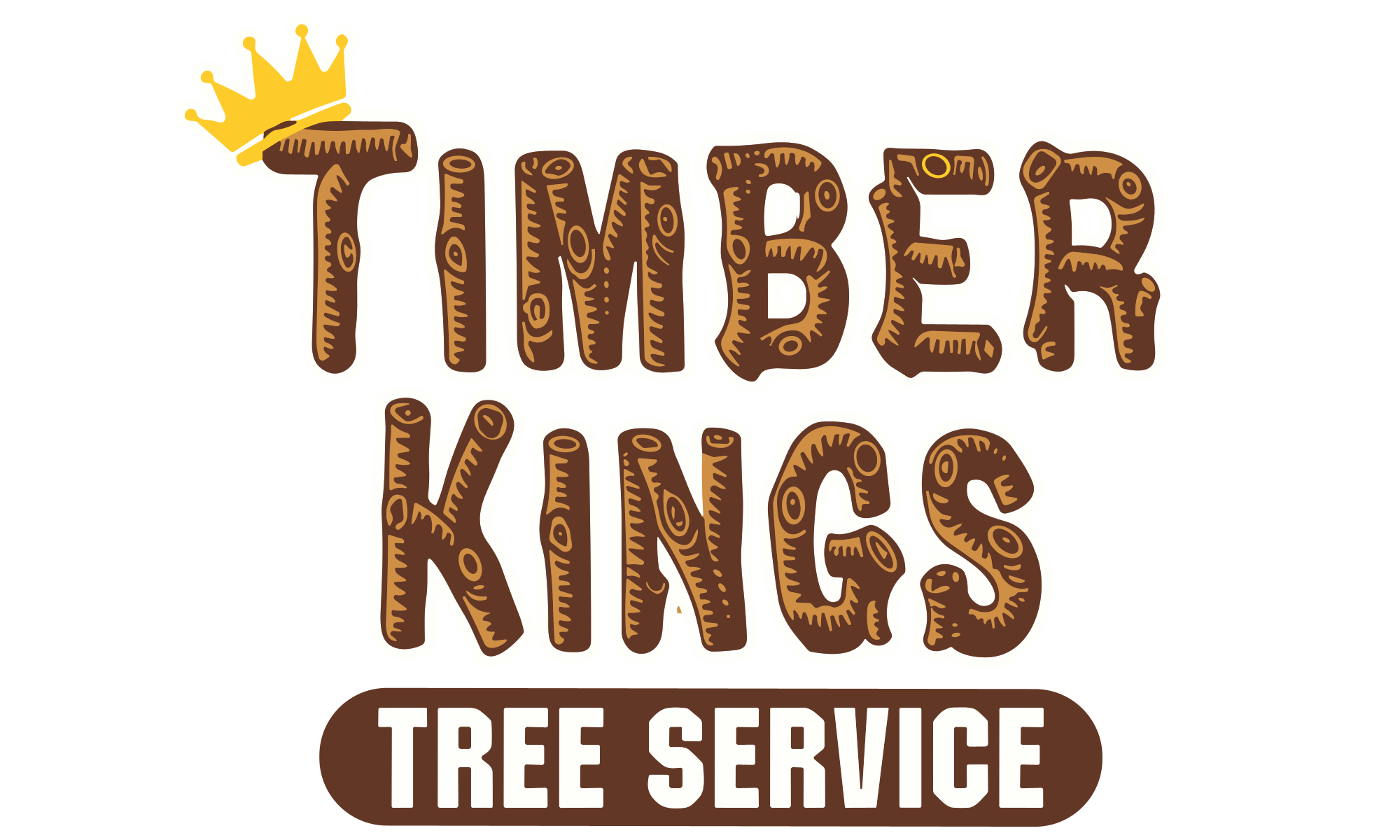Not only may trees contribute beauty to our surroundings, but they also have a major effect on property values. Trees are important in real estate because they provide shade, seclusion, and curb appeal. It’s crucial to comprehend the connection between trees and property worth, whether you’re a homeowner trying to raise the value of your home or a potential buyer thinking about the advantages of street lined with trees. We’ll explore the several ways trees affect property value in this in-depth article, as well as the reasons homeowners may find it prudent to hire tree trimming and pruning services.
Table Of Content
Enhancing Curb Appeal
The Visual Appeal of Trees
One of the most obvious ways trees affect property value is through curb appeal. A well-maintained landscape with mature trees can instantly catch the eye of potential buyers and make a lasting impression. Trees add a sense of beauty and tranquility to a property, creating a welcoming atmosphere that can increase its overall desirability.
Importance of Tree Trimming and Pruning
Regular tree trimming and pruning are essential for maintaining the aesthetics of your landscape. Overgrown or unkempt trees can detract from your property’s curb appeal and give off the impression of neglect. By investing in professional tree trimming and pruning services, you can ensure that your trees remain healthy, shapely, and visually appealing, thereby enhancing your property’s value.
Hiring a Professional Tree Service
When it comes to tree trimming and pruning, hiring a professional tree service like Timber Kings Tree Service is paramount. Their team of experienced arborists can assess the condition of your trees, identify any potential issues, and recommend the appropriate pruning techniques to promote healthy growth and improve aesthetics. By entrusting your tree care needs to experts, you can safeguard your property’s value and ensure that your landscape remains an asset for years to come.
Environmental Benefits
The Role of Trees in Environmental Conservation
Beyond their aesthetic appeal, trees offer a wide range of environmental benefits that can positively impact property value. Trees help mitigate air pollution by absorbing harmful gases and releasing oxygen, improving air quality in residential areas. Additionally, trees act as natural carbon sinks, sequestering carbon dioxide from the atmosphere and mitigating the effects of climate change.
Shade and Energy Efficiency
Mature trees provide valuable shade during hot summer months, reducing the need for air conditioning and lowering energy costs for homeowners. Properties with well-positioned trees that provide shade to the home or outdoor living spaces are often more energy-efficient and therefore more attractive to buyers.
Preserving Natural Habitats
Trees also play a crucial role in preserving natural habitats for wildlife. Mature trees provide food, shelter, and nesting sites for various species of birds and small mammals, contributing to biodiversity in urban and suburban environments. Properties with diverse tree species and healthy ecosystems are often perceived as more desirable and environmentally conscious, which can positively impact their market value.
Financial Considerations
Return on Investment
While the aesthetic and environmental benefits of trees are undeniable, homeowners may wonder about the financial return on investment (ROI) of tree care services such as trimming and pruning. Studies have shown that well-maintained landscapes with mature trees can increase property values by as much as 20%. This significant ROI far outweighs the initial cost of tree care services, making them a worthwhile investment for homeowners looking to maximize their property’s value.
Insurance and Liability
Another financial consideration regarding trees is insurance and liability. Neglected or poorly maintained trees can pose hazards such as falling branches or uprooting during storms, resulting in property damage or personal injury. Homeowners insurance policies may not cover damages caused by neglected trees, leaving homeowners liable for costly repairs or legal claims. By investing in regular tree trimming and pruning, homeowners can mitigate these risks and protect their investment in their property.
Appraisal and Marketability
When it comes time to sell your property, having well-maintained trees can significantly increase its marketability and appeal to potential buyers. A professionally landscaped yard with healthy, attractive trees can set your property apart from others on the market and command a higher selling price. Additionally, appraisers often take into account the condition of the landscape, including the health and maturity of trees, when determining property values.
Final Wording
Trees are more than just decorative elements; they are valuable assets that can enhance the beauty, environmental sustainability, and financial worth of your property. By understanding the various ways trees influence property value and investing in professional tree care services like trimming and pruning, homeowners can maximize their return on investment and enjoy the numerous benefits that trees provide. Whether you’re looking to boost curb appeal, improve energy efficiency, or preserve natural habitats, trees are a worthwhile investment that can pay dividends for years to come. So, don’t underestimate the power of trees when it comes to your property’s value – they truly are nature’s treasure.
FAQ’s
Generally, planting trees on your property can enhance its value and potentially increase property taxes. However, the extent of the increase depends on various factors, including local tax regulations and the overall impact of the trees on your property’s assessed value. It’s advisable to check with your local tax assessor’s office for specific information regarding property tax implications.
Yes, many municipalities have regulations or ordinances in place to protect trees and green spaces. These regulations may include restrictions on the removal of certain tree species, especially those deemed significant or protected. Before removing trees from your property, it’s essential to check with your local government or homeowners’ association to ensure compliance with any applicable regulations.
Yes, the presence of invasive tree species can negatively impact property values. Invasive species can outcompete native vegetation, disrupt ecosystems, and even cause damage to structures and infrastructure. Prospective buyers may be wary of properties with invasive trees, as they can require costly removal and ongoing management efforts.
Assessing the value of trees for insurance purposes can be challenging, as it depends on various factors such as species, size, health, and location. Consulting with a certified arborist or tree appraiser can help provide an accurate assessment of your trees’ value. Additionally, documenting the species, size, and condition of your trees can be helpful in case of insurance claims or disputes.
Yes, many local governments, nonprofit organizations, and utility companies offer grants or incentives for tree planting, maintenance, and conservation efforts. These programs aim to promote tree canopy coverage, enhance urban green spaces, and mitigate environmental impacts. Researching available grants and incentives in your area can help offset the costs associated with tree care and maintenance.







